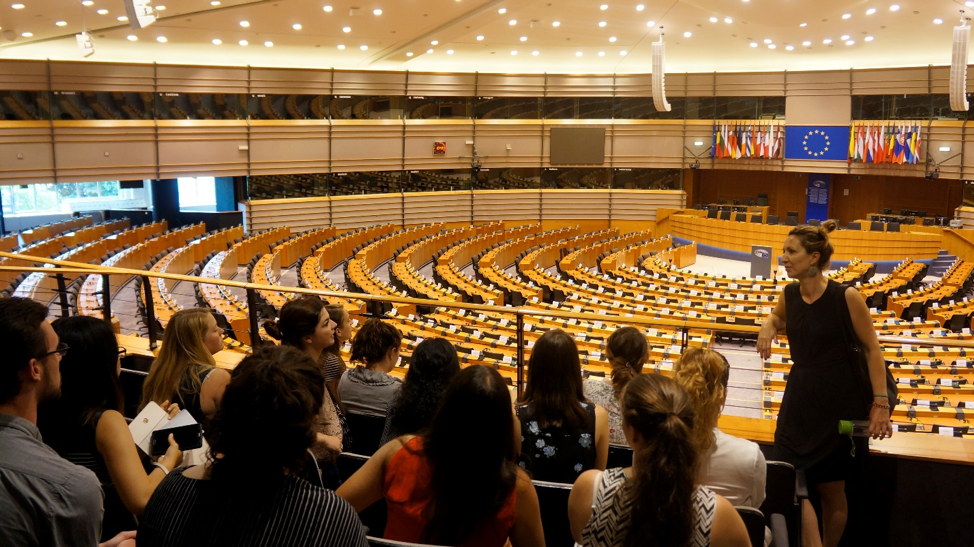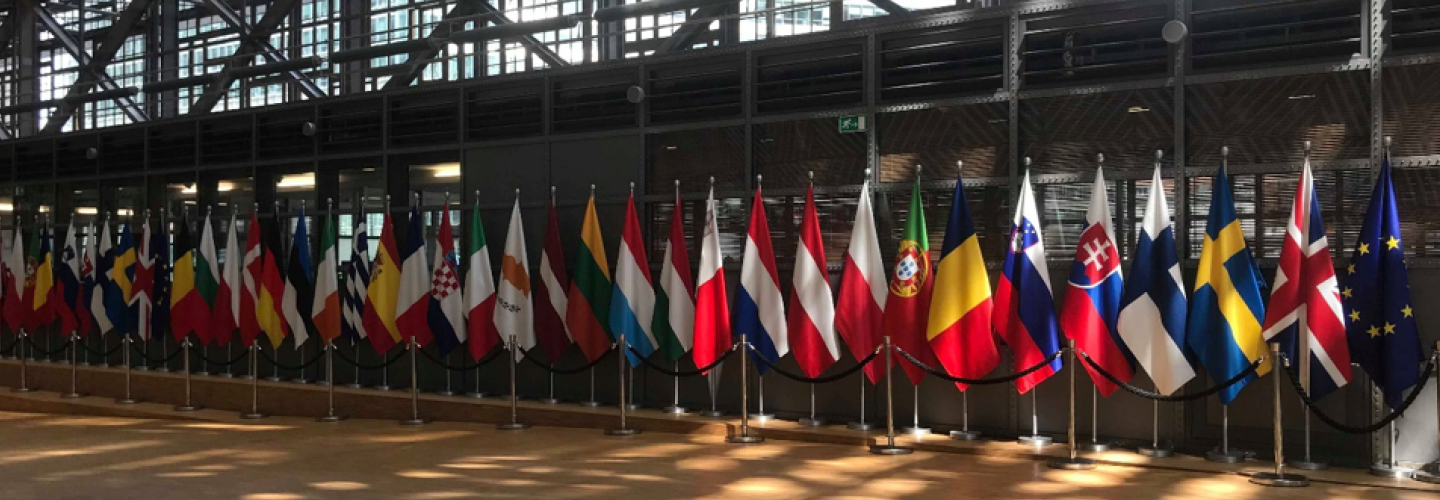Comprised of courses in history, political science, languages, media, and sociology, the interdisciplinary Ivan Allen College European Studies minor connects the study of ancient, medieval, and modern Europe, including France, Germany, Russia, Spain, the United Kingdom, and the European Union. The countries of Europe individually and collectively a pivotal role in world politics and the global economy. Europe is also a key region for U.S. geostrategic and economic interests. Moreover, Europe reflects different ways to structure state-society relations and has contributed greatly to Western culture. In addition, the European Union is the world’s most advanced form of international cooperation. As a consequence, the study of Europe should be an integral part of contemporary education. Through the interdisciplinary study of culture, history, politics, sociology, and languages in Europe, students engage in comparative study of societies and values.
This minor is designed for undergraduates who will enter a wide range of careers (engineering, science, business, public service, law, teaching, research, etc.).
Minor Requirements
View the full requirements for the minor in European Studies Georgia Tech Course Catalog. A complete set of guidelines for undergraduate minors is also available in the Georgia Tech Course Catalog.
Please note:
- Courses required by name and number and/or used to satisfy the core impacts area in a student's major degree program may not be used in satisfying the course requirements for a minor. However, courses used in a minor also may be used to fulfill other elective requirements (free electives, cluster electives, etc.) in the student's major degree program.
- A course may not be counted toward more than one minor and/or certificate.
Declaring a Minor
1. Speak to the advisor of the prospective minor.
2. Complete the add a minor form.
3. Have your major advisor sign the form.
4. Email the form to chris.mcdermott@gatech.edu.
5. Set up an advising appointment to review DegreeWorks and get questions answered. After that appointment, your advisor will sign and submit the form.
Why should I enroll?
A minor in European Studies will:
- Allow students to extend and leverage Georgia Tech learning around the globe.
- Prepare students for global leadership and collaboration with one of the key strategic and economic partners of the U.S.
- Provide opportunities for students to travel, learn, and explore unique places through study abroad programs.
Learning Outcomes
Upon completion of the minor, students will demonstrate:
- Oral proficiency at Intermediate-low or higher on the ACTFL scale in French, German, Spanish or Russian.
- In-depth knowledge of two or more specific aspects of contemporary politics, economics, or societal movements in Europe.
- The ability to analyze the regional politics, history, society, media, and/or culture of Europe.
Study Abroad Opportunities
 All courses taught by Ivan Allen College faculty on European study abroad programs will be eligible for credit. Europe-focused courses on the Oxford Program will be eligible, as will INTA, HTS, LMC, and European language courses offered at Georgia Tech Europe.
All courses taught by Ivan Allen College faculty on European study abroad programs will be eligible for credit. Europe-focused courses on the Oxford Program will be eligible, as will INTA, HTS, LMC, and European language courses offered at Georgia Tech Europe.
Many (but not all) courses taught within these programs might be counted towards the European Studies minor. One external course from a semester exchange may be applied toward the minor. Only a course focusing on European culture, politics, history, sociology, or economics or an advanced language course will be eligible for minor credit.

